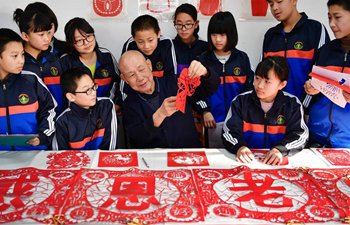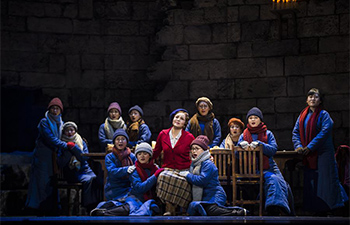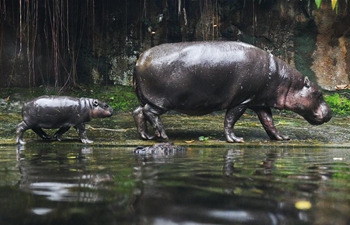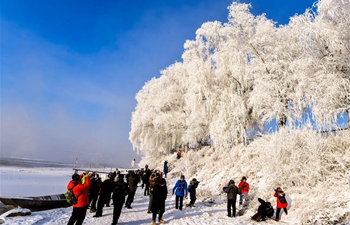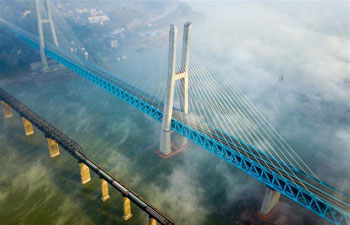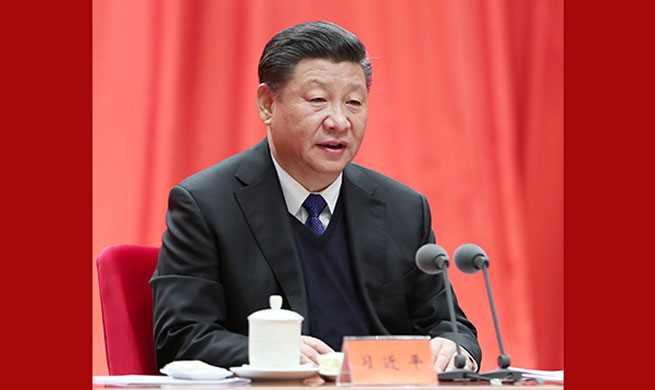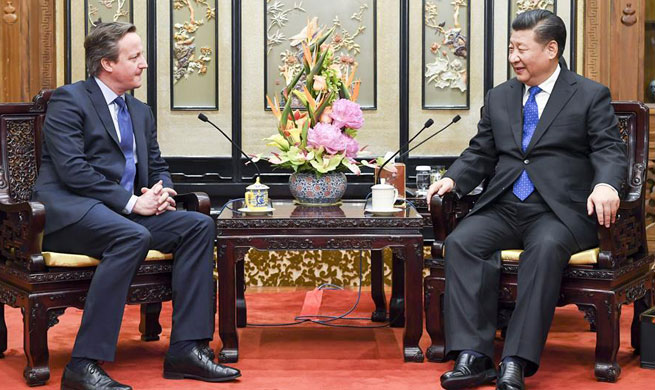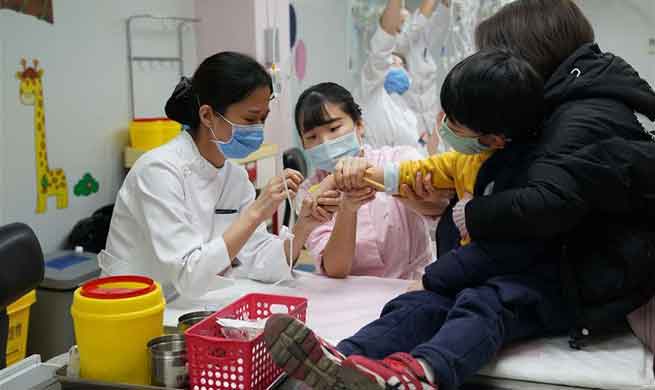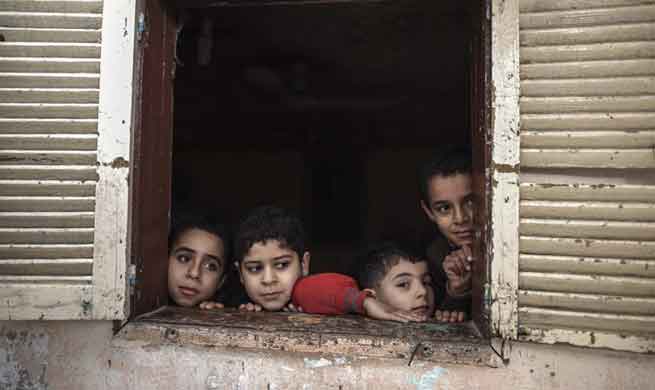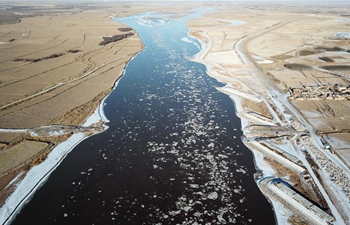HAVANA, Jan. 11 (Xinhua) -- The alleged acoustic attacks on U.S. personnel in Cuba have been a "pretext" used by the administration of U.S. President Donald Trump to roll back thawing ties with Havana, a Cuban expert said.
Jesus Arboleya, an international relations professor at the University of Havana, told Xinhua recently this saga which started more than a year ago has a clear intention to derail the bilateral rapprochement started by former U.S. President Barack Obama.
The incidents were first reported in November 2016 that over 20 U.S. diplomats and their family members in the Caribbean nation suffered symptoms such as hearing loss, tinnitus, vertigo, headaches and fatigue.
"I've always considered that it was a big lie and they (Americans) knew from the beginning that it wasn't true. Dozens of scientists have confirmed that selective acoustic or sonic attacks never took place and now the U.S. public is knowing the truth," Arboleya said.
On Tuesday, a U.S. Senate hearing on the alleged "acoustic attacks" led by senators Marco Rubio and Bob Menendez summoned three State Department officials who said Washington hasn't been able to identify the cause of the incidents or its perpetrators after months of investigation.
Though the alleged "acoustic attacks" have been scientifically proven as a fake story, argued Arboleya, "Washington needs to keep talking about the issue and maintaining its initial position in order to justify the serious setback in bilateral ties."
Josefina Vidal, general director of the United States division of Cuba's Foreign Ministry, said at a press conference Tuesday that the issue has been "politicized" in order to justify Washington's rollback of thawing ties between the former Cold War foes.
"The State Department has no evidence that allows them to claim there have been attacks against its diplomats in Havana or that Cuba could be responsible or have knowledge of third-party actions against foreign envoys," Vidal added.
The Senate hearing came after the Federal Bureau of Investigations published a report earlier this week saying it found no evidence of "acoustic attacks" against U.S. personnel on the island country.
"Trump is trying to please Cuban American lawmakers that in turn can return him favors over domestic issues in the Senate and the House of Representatives," Arboleya explained.
"The alleged attacks are just an excuse to return to a policy of confrontation and Cold War rhetoric with Cuba," he added.
However, the Cuban academic said he believes that at some point, Trump's Cuban policy will have to change, whether during his term or after he leaves office.
"Trump will face pressure even from his closest allies in Latin America for rolling back relations with Cuba. That could be as soon as the upcoming Summit of the Americas in Peru this year," he said.
The U.S. government hasn't formally accused Cuba of carrying out attacks, but Trump said he believed Havana was responsible for them.
In the fallout, the Trump administration sharply reduced the U.S. embassy staff in Havana, and expelled 15 Cuban diplomats who worked at the embassy in Washington last October.
The U.S. State Department also issued a travel warning last year, telling Americans not to visit the country because some of the alleged attacks occurred in hotels.
On Wednesday, the Canadian government said it had no idea who or what is behind the mysterious ailments that also affected some of its diplomats in Cuba.
At a briefing in the capital city of Ottawa, a Canadian official said eight of their citizens stationed in Havana, out of 27 tested, required medical care after reporting symptoms ranging from dizziness and headaches to nosebleeds.
However, Canada insisted it won't withdraw its diplomatic personnel from Cuba or close its embassy.





